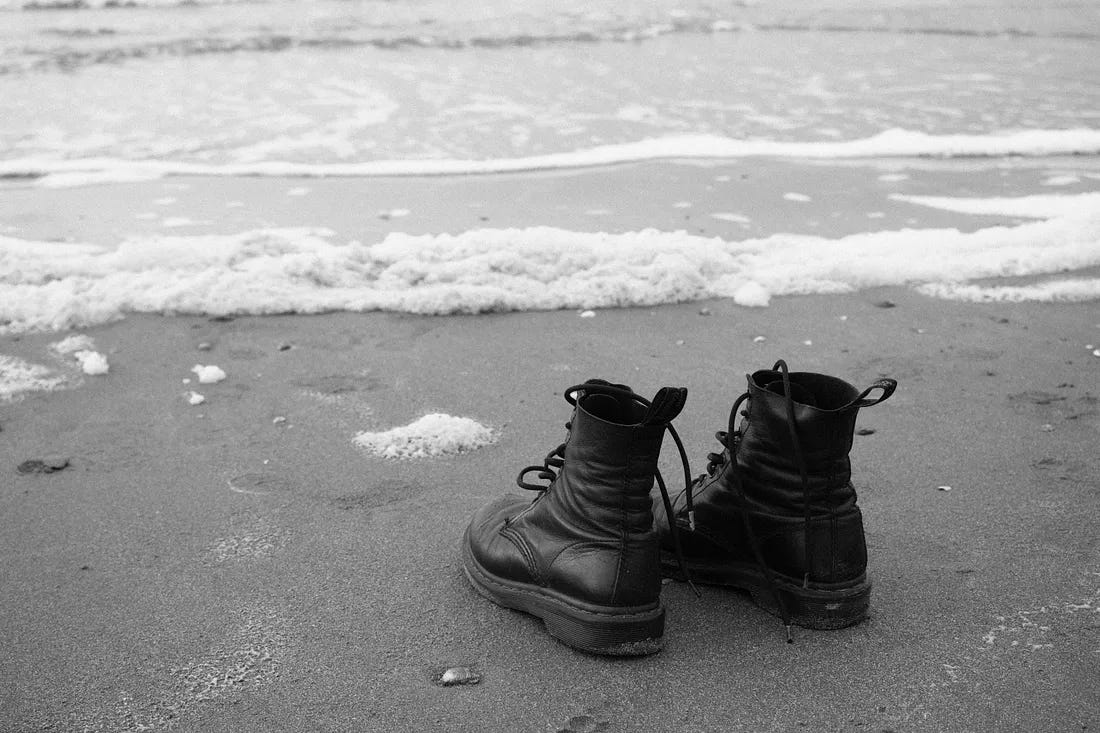You Don’t Get Ownership of Grief When Someone You Love Dies
This is an uncomfortable yet necessary sentiment.
This is hard to say — and I wish I had said it when this situation originally happened.
I had a friend who lost her husband about nine months ago. I wrote about this, documenting the fact that I felt …
Keep reading with a 7-day free trial
Subscribe to The Pondering Nook to keep reading this post and get 7 days of free access to the full post archives.




